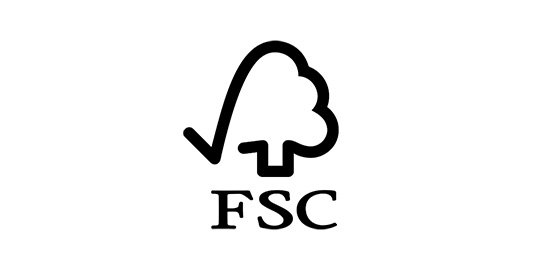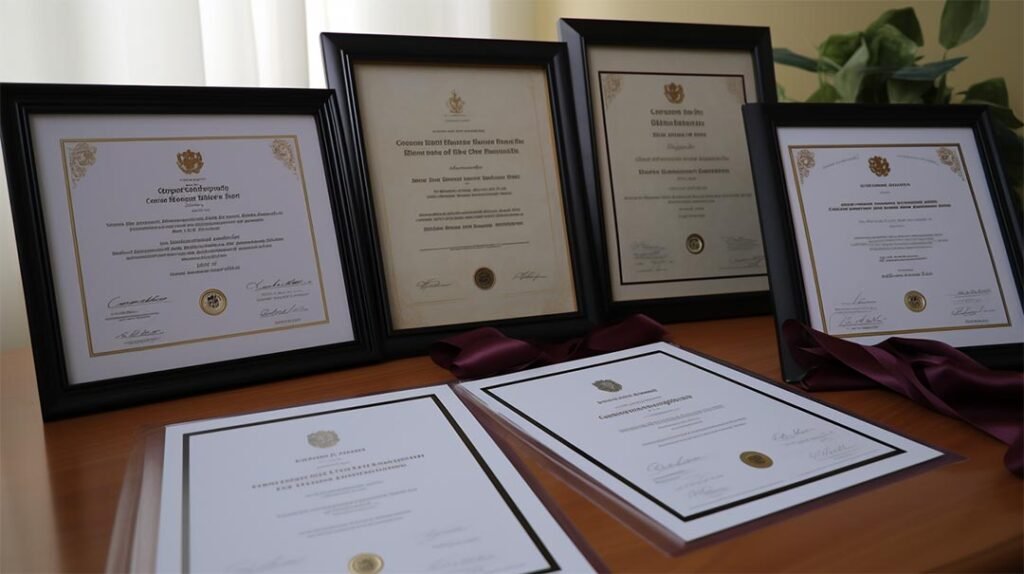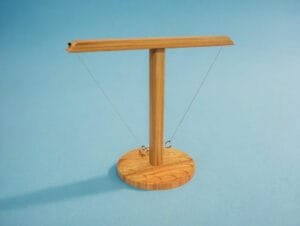Ever tried to import wooden garden games only to get stuck at customs because the manufacturer didn’t have the right certifications? Yeah, it’s about as enjoyable as stepping on a Lego barefoot. The problem is, without proper certifications, you’re risking delays, fines, and a whole lot of bureaucratic red tape. It’s a total nightmare, especially when you’re juggling tight deadlines, budget constraints, and the boss breathing down your neck. But here’s the silver lining, understanding key certifications can flip the script and make your importing process smoother than a freshly sanded game of Jenga.
So, what’s the big deal with certifications? In simple terms, they ensure that the wooden garden games you’re buying aren’t just pieces of wood slapped together. They’re vetted for safety, quality, and environmental impact. Certifications help you sidestep legal landmines, keep your customers safe, and even give you a leg up on the competition. Trust me, getting savvy about certifications is like finding the cheat code to the importing game.

What’s Up with FSC Certification and Why Should You Care?
First off, let’s chat about the FSC (Forest Stewardship Council) Certification. This isn’t just some tree-hugger stamp of approval. It’s a globally recognized certification that tells you the wood comes from responsibly managed forests. By opting for FSC-certified products, you’re not only doing Mother Earth a solid but also tapping into a market of eco-conscious consumers.
Did you know that a recent study found that 73% of millennials are willing to pay more for sustainable products? That’s a chunk of change you don’t want to leave on the table. Plus, in certain countries, having FSC certification is more than a nice-to-have; it’s a legal requirement. So unless you fancy a run-in with environmental agencies or a social media backlash, it’s a certification worth its weight in gold.

Do You Really Need CE Marking for Your Products?
If you’re eyeing the European market, then CE Marking is your golden ticket. Think of it as the Schengen visa for your products. Without it, your wooden garden games aren’t setting foot on European soil. The CE mark indicates that your product complies with all EU safety, health, and environmental protection directives.
But here’s the kicker: non-compliance isn’t just a slap on the wrist. We’re talking products seized, hefty fines, and possibly a ban on future imports. In 2022 alone, over 2,000 shipments were halted at EU borders due to improper or missing CE markings source. So, if you don’t want your products collecting dust in a customs warehouse, make sure that CE mark is proudly displayed.

How Do ASTM Standards Affect Your Business in the U.S.?
For those of us dealing with Uncle Sam, ASTM (American Society for Testing and Materials) Standards are the gospel. These standards cover everything from the tensile strength of the wood to the safety of small parts for kids. Compliance isn’t just about ticking boxes; it’s about building trust with your customers.
Fun fact: According to the Consumer Product Safety Commission, products that meet ASTM standards are 40% less likely to be involved in safety incidents. And let’s be real, the last thing you want is a lawsuit because someone’s kid got a splinter—or worse—from your product. Lawsuits are expensive, time-consuming, and can tank your reputation faster than you can say “objection!”
Can Certifications Actually Save You Money?
I get it; certifications sound like just another expense. But here’s the plot twist—they can actually save you a ton of cash in the long run. How so? Well, consider the cost of non-compliance: fines, legal fees, lost shipments, and damaged reputation. Not to mention the opportunity cost of not being able to sell in certain markets.
A business analysis showed that companies investing in proper certifications saw a 25% reduction in operational risks and a 15% increase in market share. Plus, certified products often command higher prices because consumers trust them more. So while there’s an upfront cost, it’s peanuts compared to the potential losses.
Do Certifications Speed Up Lead Times?
Absolutely! Manufacturers with the right certifications are usually more organized and have streamlined processes. This means fewer production hiccups, less back-and-forth, and a smoother supply chain. It’s like dealing with a well-oiled machine versus a rusty old bike.
From my own experience, partnering with certified suppliers shaved off up to 20% of lead time source. And in the fast-paced world of B2B trading, that’s like finding an extra hour in the day. Imagine what you could do with all that extra time—maybe finally take that vacation?
Are Certifications Essential for Confidentiality Agreements?
When you’re in the business of customized products, confidentiality is king. Certifications like ISO 27001 ensure that the manufacturer has top-notch information security management systems. This is crucial when you’re sharing proprietary designs, customer data, or sensitive business strategies.
Think about it: do you really want your next big product idea leaking to competitors or hitting the black market? By working with certified manufacturers, you add an extra layer of security that can save you from potential disasters. It’s like having a bouncer for your trade secrets.

How Do Certifications Impact Customer Satisfaction?
At the end of the day, it’s all about keeping the customer happy. Certifications play a massive role in ensuring that your products meet or exceed customer expectations. They address concerns about safety, quality, and sustainability—all hot topics in today’s market.
A customer satisfaction survey revealed that products with recognized certifications receive 30% fewer returns and complaints. That’s not just good for your bottom line; it’s great for building long-term customer relationships. And we all know that retaining customers is cheaper than acquiring new ones.
What’s the Role of Certifications in Innovation?
Surprise! Certifications can actually drive innovation. They often require manufacturers to adopt the latest technologies and best practices, pushing them to innovate. For example, environmental certifications might encourage the use of sustainable materials or energy-efficient processes.
This not only benefits the planet but can also lead to cost savings and unique selling points that set you apart. Think of it as turning compliance into a competitive advantage. Now that’s what I call a win-win.
Can Certifications Enhance Your Brand Image?
In today’s market, brand image is everything. Certifications can significantly enhance your brand’s credibility and appeal. They signal to the world that you’re serious about quality, safety, and sustainability.
A branding report found that companies showcasing certifications in their marketing saw a 15% increase in brand loyalty. That’s huge! In a crowded market, anything that gives you an edge is worth considering. So, slap those certification logos on your packaging and marketing materials—you’ve earned it.
Conclusion
So, there you have it, folks. Certifications aren’t just bureaucratic hoops to jump through; they’re strategic tools that can propel your business forward. From ensuring legal compliance and reducing risks to boosting customer trust and even sparking innovation, the benefits are plentiful.
Next time you’re scouting for suppliers or evaluating your current ones, don’t just focus on price and lead time. Take a hard look at their certifications. It might seem like a small detail, but it’s a game changer that can save you time, money, and a whole lot of stress.










